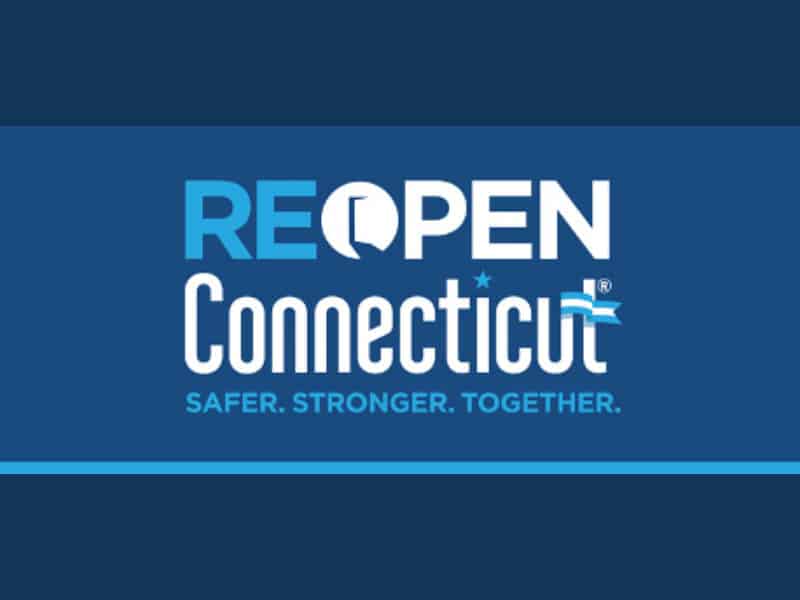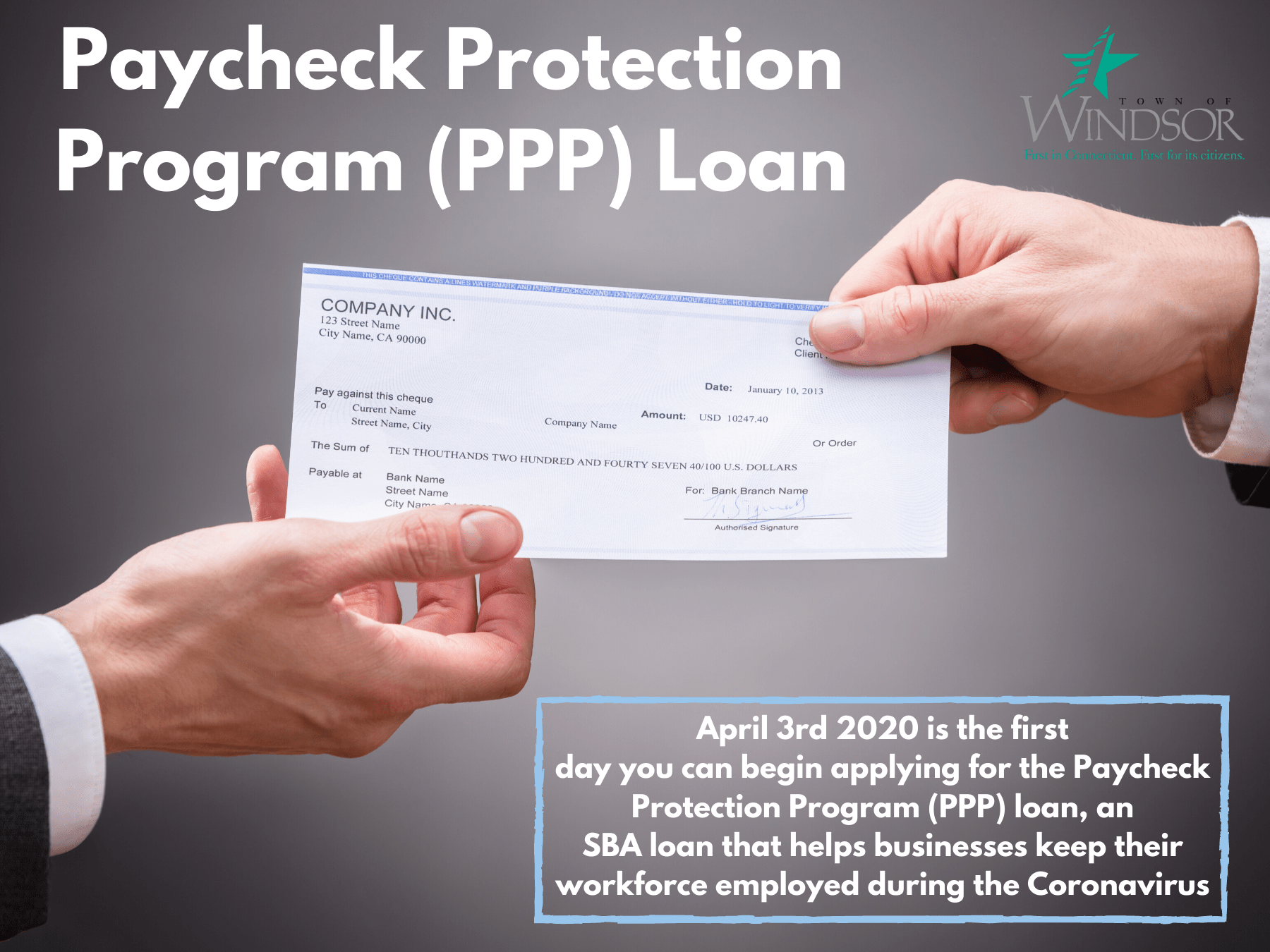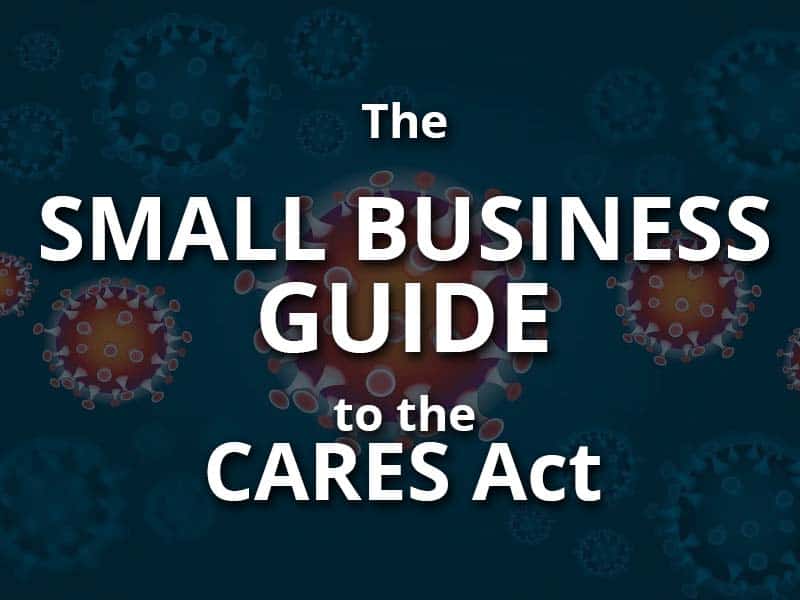Small and Medium Business
COVID-19 Resources
WHEN IN DOUBT…APPLY.
In light of the public health crisis, many typical eligibility requirements for state and federal assistance have been eased. Do not assume you are not eligible.
The State of Connecticut and the U.S. Government are continuing to take major steps to protect our businesses and residents during the coronavirus crisis. Here are some updates:
- The Paycheck Protection Program prioritizes millions of Americans employed by small businesses by authorizing up to $349 billion toward job retention and certain other expenses. Small businesses and eligible nonprofit organizations, Veterans organizations, and Tribal businesses described in the Small Business Act, as well as individuals who are self-employed or are independent contractors, are eligible if they also meet program size standards. For more information and to apply, click here.
- DECD’s COVID-19 Business Emergency Response Unit: The Connecticut Department of Economic and Community Development (DECD) has created a COVID-19 Business Emergency Response Unit dedicated to assisting businesses navigate resources and develop new resources. A dedicated phone line is available at 860-500-2333 to provide assistance to Connecticut’s small businesses for this purpose.
- Small business owner’s guide to the CARES Act: On March 27, 2020, the United States Congress approved the Coronavirus Aid, Relief, and Economic Security (CARES) Act to provide the country with relief from the impact of COVID-19. For a guide about how the act will impact small businesses, click here.
- Connecticut Recovery Bridge Loan Program: As of March 27, 2020, the initial round of funding for this program is closed for applications to ensure that those that have been received so far can be processed efficiently and money distributed as quickly as possible. For those that have already submitted an application, additional documentation can be sent within seven days of submittal.
- SBA assistance: On March 16, the U.S. Small Business Administration approved Governor Lamont’s request to begin offering disaster-relief loans to Connecticut small businesses and nonprofits. Companies in the state can now apply for loans of up to $2 million through a special page on the SBA website. SBA also has more valuable information for businesses.
- Tax filing extensions: The Department of Revenue Services has extended deadlines for filing and payments associated with certain state business tax returns. Details are on DRS’s website.
- Unemployment assistance: Workers directly impacted by the coronavirus pandemic no longer must be actively searching for work to qualify for unemployment assistance. And employers who are furloughing workers can use the Department of Labor’s shared work program, which allows businesses to reduce working hours and have those wages supplemented with unemployment insurance. DOL has more information about these and other changes.
- Business Interruption Insurance: A business interruption insurance policy should list or describe the types of events it covers. Events that are not described in the policy are typically not covered. It is important to review the policy exclusions, coverage limits, and applicable deductibles with your agent, broker or insurer. The Connecticut Insurance Department has an FAQ that provides more information.
- Reimbursement of medical leave costs for small and medium-sized businesses: The Connecticut Department of Insurance reminds small and medium-sized employers of recent guidance from the Internal Revenue Service (IRS) on COVID-19 – related medical leave.
Town of Windsor
COVID-19 RESOURCES
Public Health Guidance
- Stay Safe, Stay Home: The Governor signed an executive order directing Connecticut residents to “Stay Safe, Stay Home.” It orders all nonessential businesses statewide to prohibit in-person functions. This remains in effect until April 22, unless modified. Guidance has been issued to the state’s businesses
- Travelers: Any person coming into Connecticut by any mode of transportation for any reason is strongly urged to self-quarantine for 14 days.
- Gatherings: All social and recreational gatherings of more than 5 people are prohibited. This includes things such as sports, parades, concerts, festivals, live performances, and conventions. Religious, spiritual, and worship gatherings of more than 50 are prohibited. This remains in effect through April 30, unless modified.
- Food establishments: Restaurants and bars that serve food are required to provide take-out and delivery services for off-premise consumption only. These establishments must limit entrance of customers to the minimum extent necessary to pick up and/or pay for orders, and use touchless payment if available. This order remains in effect through April 30, unless modified.
- Retail establishments: Stores that are permitted to stay open under the “Stay Safe, Stay Home” executive order must follow “Safe Store Rules” that several requirements, such as a cap on occupancy at 50% capacity, and floor markings measuring 6 feet must be at checkout lines, among other items.
Guidance has been issued detailing all of the “Safe Store Rules.”
- Gyms, movie theaters, hair and nail salons: All gyms, fitness centers, and similar sports venues; theaters and cinemas; and hair salons, barbershops, nail salons, spas, and tattoo parlors are closed until April 30, unless modified.
- Schools: Classes at all public schools are canceled through April 20, unless modified.




